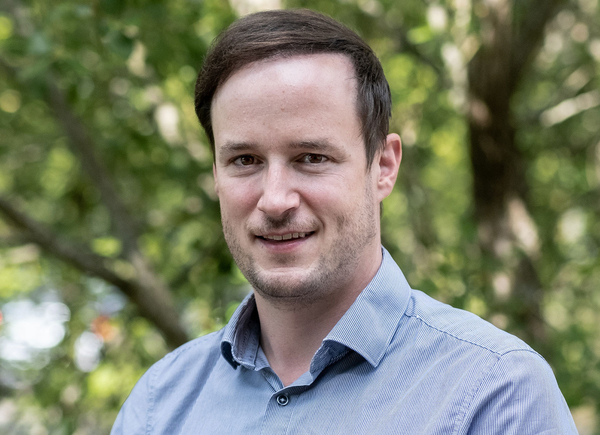The digital transformation will fundamentally change our economy and society in the coming decades. The Internet of Things (IoT) plays an essential role in networking the analog world. The natural handling of sensors and communication modules, but also their programming up to the cloud application, is the prerequisite for new application ideas and business models.
Germany's medium-sized companies in particular have an enormous shortage of skilled workers in this area, as there are few good IT graduates with a specialization in the Internet of Things. Those who have specialized in this area are being poached by the big "players" such as Siemens, SAP or Google in the attractive metropolitan regions. Therefore, in the medium term, there is an enormous demand for know-how for medium-sized businesses in rural regions. One region that will be affected by this shortage of skilled workers is the Trier and Hunsrück region. Here we want to offer a solution with our concept that facilitates the access to the Internet of Things especially for small and medium-sized enterprises and accelerates the development of first prototypes (Rapid Prototyping). To this end, our concept is intended to provide further training for existing specialists (lifelong learning) and to simplify and accelerate the entry into the new IoT technology. IoT driven business models are not bound to central resources or conurbations and are therefore particularly suitable for the development of rural areas. Rural areas in particular can also benefit disproportionately from the application possibilities of IoT (monitoring in agriculture, new services). We hope that this will improve the innovative power in the region and thus strengthen the region as a whole in the long term.
| Consortium | Trier University of Applied Sciences (Environmental Campus Birkenfeld) |
| Duration | August 2018 - August 2020 |
| Funded by | Federal Ministry of Food and Agriculture in the Land.Digital program |
| Funding amount | € 147,921 |


You are leaving the official website of Trier University of Applied Sciences